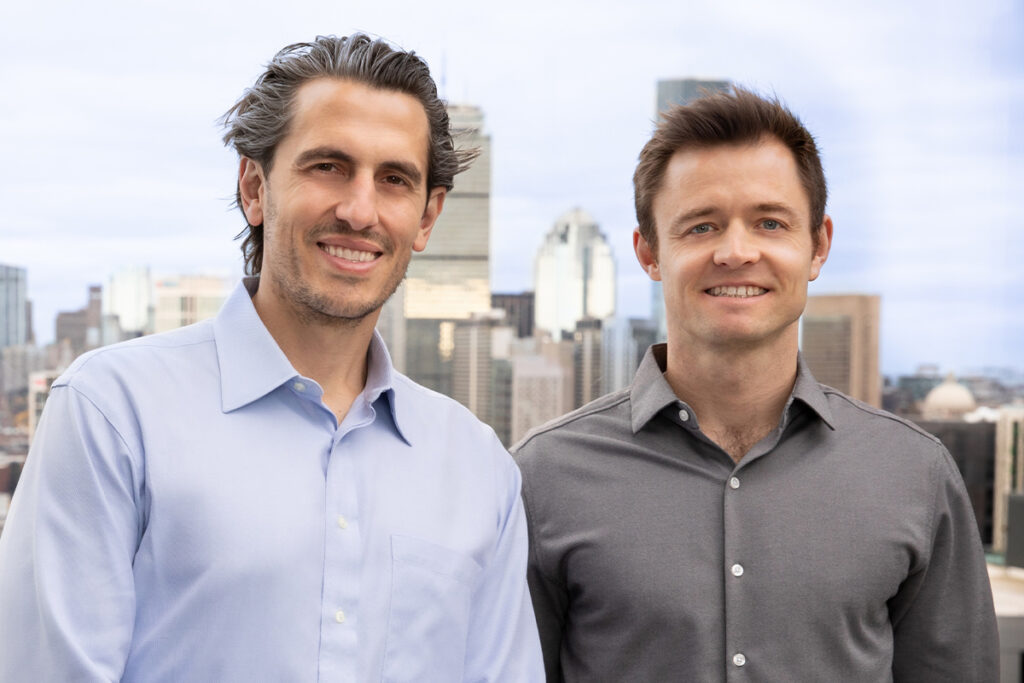Up-front payment of $55m targets new delivery methods for neurodegenerative disease treatments that cross the blood-brain barrier.
Boston-based biotech Manifold Bio has entered into a strategic collaboration with pharma giant Roche to develop a portfolio of next-generation “brain shuttles” for the treatment of neurodegenerative diseases. The partnership will leverage Manifold’s AI–driven “direct-to-vivo” drug discovery platform to create novel approaches for delivering therapeutics across the blood-brain barrier.
Roche, which will pay Manifold an upfront fee of $55 million, with the potential for more than $2 billion in milestone-related payments, is a pioneer in brain shuttle technologies. The concept enables large molecules that typically cannot cross the blood-brain barrier to enter the brain in therapeutic concentrations, and is central to the pharma’s development of trontinemab, its investigational Alzheimer’s therapy currently in late-stage clinical trials. A new generation of brain shuttle technology is now being developed by startups like Manifold and Aerska, which recently secured $21 million in seed funding.
Under the agreement, Manifold will lead discovery and early research efforts, applying its platform and proprietary tissue-targeting shuttle library to identify new blood-brain barrier transport mechanisms. These shuttle candidates will be designed to facilitate delivery of Roche’s therapeutic payloads into the brain.
“Engineering molecules to safely cross the blood-brain barrier has been a grand challenge for decades, and it’s exactly the kind of problem where Manifold’s direct-to-vivo approach provides a decisive edge,” said Manifold CEO Dr Gleb Kuznetsov.
Rather than rely on in vitro assays, Manifold’s platform tests thousands to millions of biologic variants directly in living organisms. This approach generates physiologically relevant data on pharmacokinetics, biodistribution, and tissue targeting, which feed back into the AI models to continuously improve design precision. The company’s platform is already being used to develop biologics for neurodegenerative and metabolic diseases and has broader applications across multiple tissue types.
Manifold claims its molecular tracking technologies allow measurement of thousands of candidate molecules simultaneously in vivo, offering insight into how each variant behaves within complex biological environments. The data produced through these experiments help refine predictive models that simulate the behavior of biologics in living systems.
“Today we’ve built the world’s first AI system for the design of tissue-targeted biologics,” said Manifold CTO Dr Pierce Ogden. “With the resulting data, we are already building the world’s first virtual organism model.”

